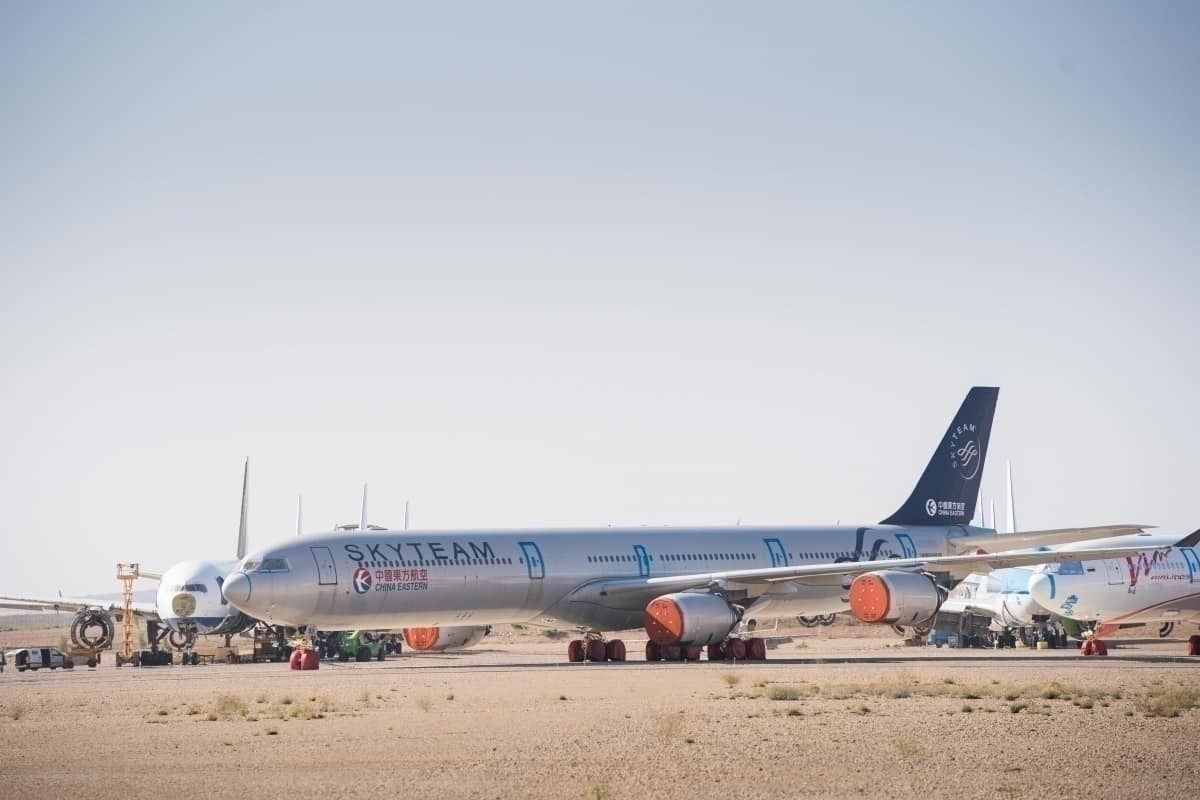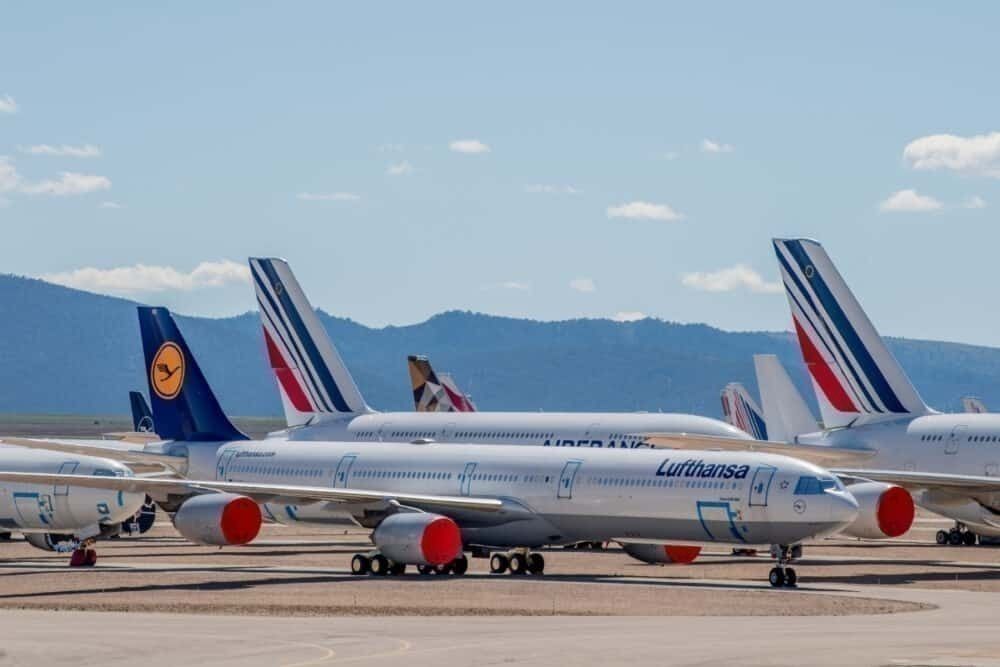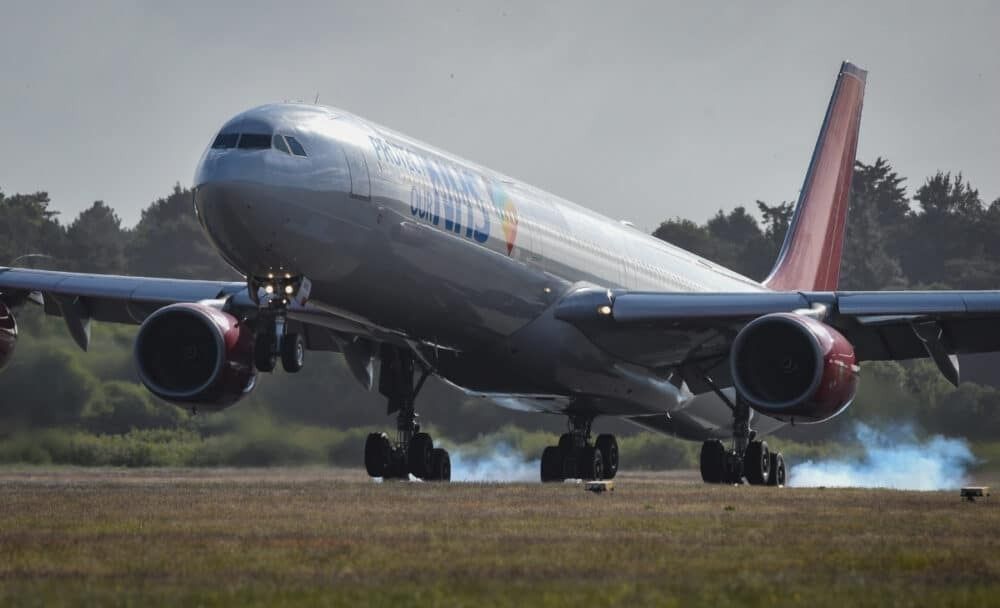Recently, we've talked a lot about the effect of COVID-19 on the Airbus A380 and the Boeing 747. However, we've not touched so much on the fate of the Airbus A340, despite multiple carriers sending them to storage and retirement. Could COVID effectively mark the end of the Airbus A340 era?
As the coronavirus crisis has developed, airlines have been slowly moving away from four-engined jets to their more fuel-efficient two-engined cousins. We've seen Air France scrap its entire Airbus A380 fleet. Meanwhile, Virgin and Corsair have retired their last Boeing 747s. But what lies ahead for the Airbus A340? Let us take a look!
Few operators left
According to Airbus' order books as of the end of May, there were just 35 operators of the Airbus A340. Of these, only four operators had a fleet comprising of over ten aircraft. This doubles to eight operators when we look at those operating more than 5 of the aircraft. According to the Airbus order book, the ten biggest A340 customers are:
|
Operator |
A340-200/300 |
A340-500/600 |
Total |
|---|
However, since Airbus' order book for May was released, there have been several A340 retirements. Take Iberia, for example. As of the end of May, the airline was operating 15 A340-600 aircraft, according to Airbus. However, the airline yesterday confirmed to Simple Flying that it would now retire all 15 of the aircraft.
Meanwhile, Lufthansa still has an impressive 34 aircraft, although this number may not remain for so long. Let us just look at the A340-600. Lufthansa has sent all bar one of these aircraft to a Spanish aircraft graveyard. At least seven of the airline's A340-600 aircraft won't come back. The possibility remains that none of them return to service.
Why is the A340 falling out of favor?
Some may be wondering why the A340 is falling out of favor. After all, the youngest A340 at Iberia is just ten years old. Indeed, it is younger than some A380s still flying! However, much like the A380, the four engines on the A340 have proven to be its downfall.
Stay informed: Sign up for our daily aviation news digest.
Given the ever-increasing limitations of ETOPS regulations, there is no practical need for four engines anymore. Also, four-engined aircraft are less fuel-efficient than two-engined ones. This means they typically cost more to run and have higher emissions.
The Airbus A340 was already on its way out of fleets. Indeed, both Virgin Atlantic and Air France had already scheduled the type's retirement. The current crisis meant that they could go immediately. Airlines are expecting demand to fully recover in 2023 at the earliest. What's the point of keeping an aircraft stored only to get rid of it before it returns to service?
Likely not the end just yet
While the world's largest A340 operators may be reevaluating the aircraft's suitability for future operations, we likely haven't seen the end of the plane just yet. Let's take a look at Virgin Atlantic's recently retired fleet. One of its aircraft is now serving with Nigeria's Azman Air.
However, Virgin's final three A340s went to Maleth Aero. Since COVID forced them into early retirement, they have sat at Bournemouth, operating PPE collection runs to China painted in special NHS liveries. Given how recently these airlines acquired the aircraft, it is unlikely that they would be keen to get rid of them so swiftly. However, stranger things have happened!
Have you flown on an Airbus A340? Will you miss the type? Let us know your thoughts in the comments!



